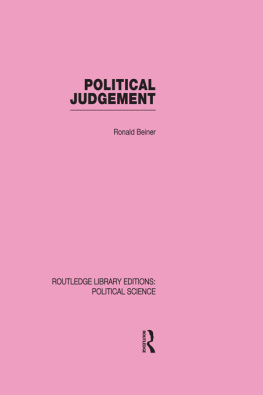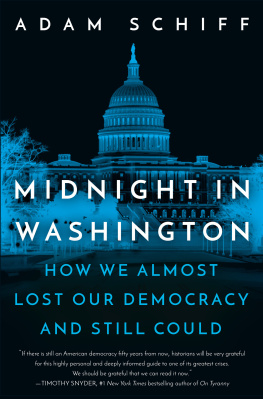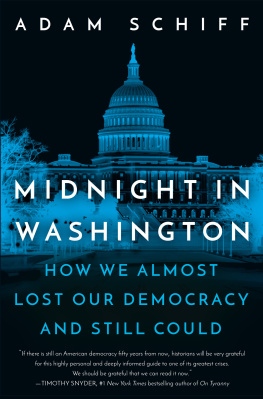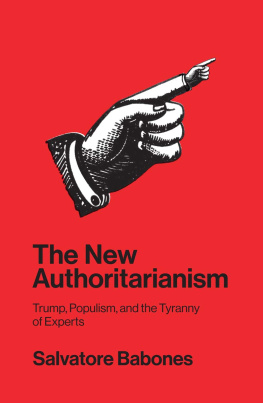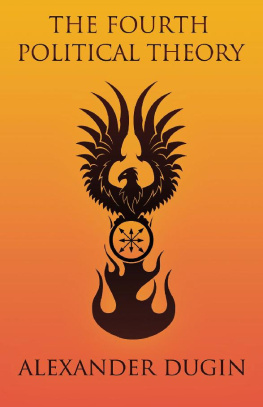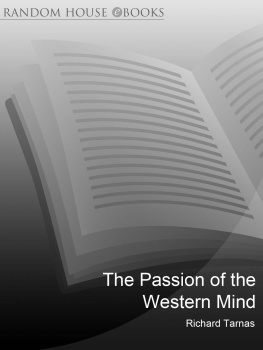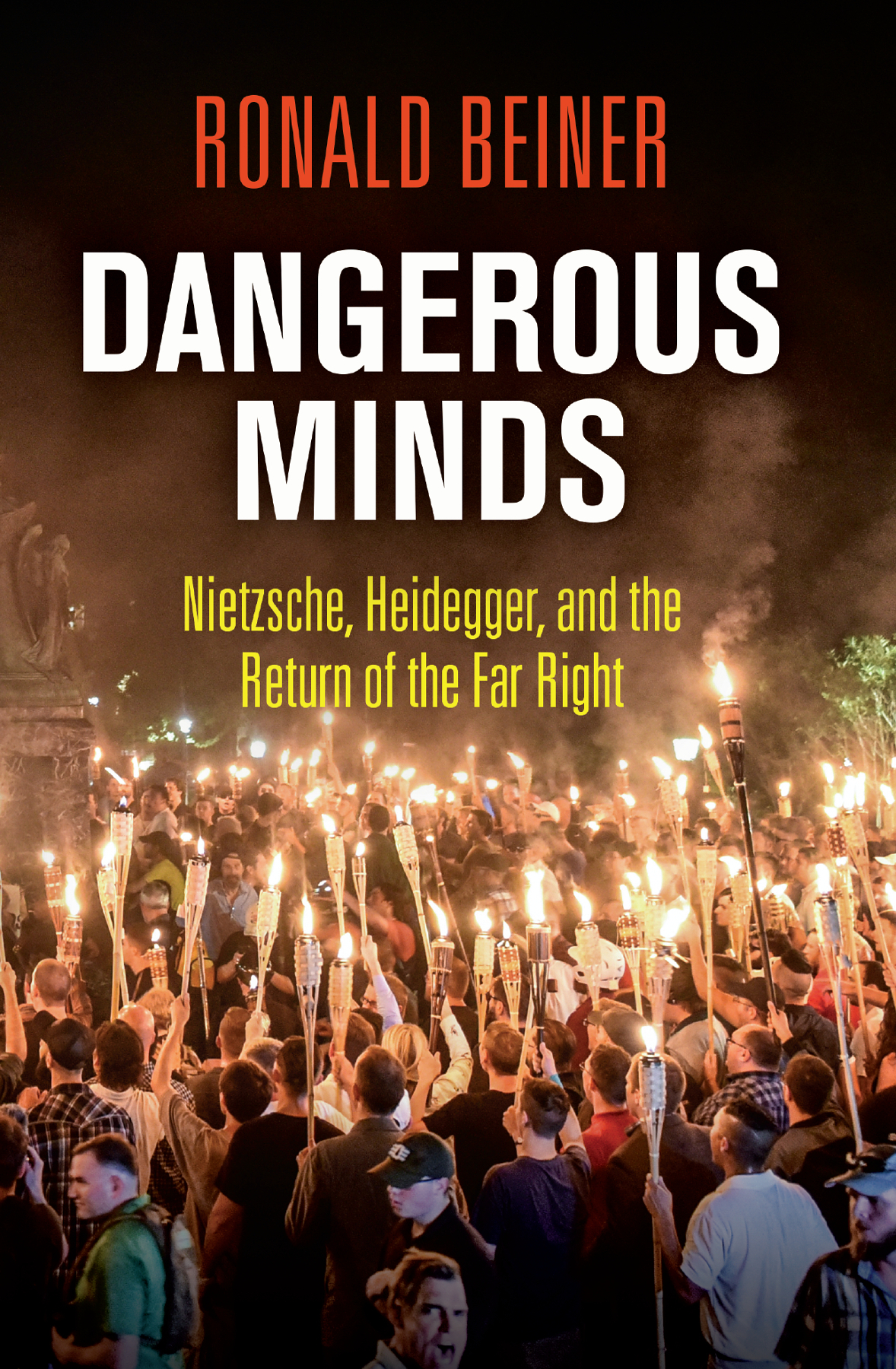Ronald Beiner - Dangerous Minds: Nietzsche, Heidegger, and the Return of the Far Right
Here you can read online Ronald Beiner - Dangerous Minds: Nietzsche, Heidegger, and the Return of the Far Right full text of the book (entire story) in english for free. Download pdf and epub, get meaning, cover and reviews about this ebook. year: 2018, publisher: University of Pennsylvania Press, genre: Religion. Description of the work, (preface) as well as reviews are available. Best literature library LitArk.com created for fans of good reading and offers a wide selection of genres:
Romance novel
Science fiction
Adventure
Detective
Science
History
Home and family
Prose
Art
Politics
Computer
Non-fiction
Religion
Business
Children
Humor
Choose a favorite category and find really read worthwhile books. Enjoy immersion in the world of imagination, feel the emotions of the characters or learn something new for yourself, make an fascinating discovery.
- Book:Dangerous Minds: Nietzsche, Heidegger, and the Return of the Far Right
- Author:
- Publisher:University of Pennsylvania Press
- Genre:
- Year:2018
- Rating:3 / 5
- Favourites:Add to favourites
- Your mark:
Dangerous Minds: Nietzsche, Heidegger, and the Return of the Far Right: summary, description and annotation
We offer to read an annotation, description, summary or preface (depends on what the author of the book "Dangerous Minds: Nietzsche, Heidegger, and the Return of the Far Right" wrote himself). If you haven't found the necessary information about the book — write in the comments, we will try to find it.
Following the fall of the Berlin Wall and demise of the Soviet Union, prominent Western thinkers began to suggest that liberal democracy had triumphed decisively on the world stage. Having banished fascism in World War II, liberalism had now buried communism, and the result would be an end of major ideological conflicts, as liberal norms and institutions spread to every corner of the globe. With the Brexit vote in Great Britain, the resurgence of right-wing populist parties across the European continent, and the surprising ascent of Donald Trump to the American presidency, such hopes have begun to seem hopelessly nave. The far right is back, and serious rethinking is in order.
In Dangerous Minds, Ronald Beiner traces the deepest philosophical roots of such right-wing ideologues as Richard Spencer, Aleksandr Dugin, and Steve Bannon to the writings of Nietzsche and Heideggerand specifically to the aspects of their thought that express revulsion for the liberal-democratic view of life. Beiner contends that Nietzsches hatred and critique of bourgeois, egalitarian societies has engendered new disciples on the populist right who threaten to overturn the modern liberal consensus. Heidegger, no less than Nietzsche, thoroughly rejected the moral and political values that arose during the Enlightenment and came to power in the wake of the French Revolution. Understanding Heideggerian dissatisfaction with modernity, and how it functions as a philosophical magnet for those most profoundly alienated from the reigning liberal-democratic order, Beiner argues, will give us insight into the recent and unexpected return of the far right.
Beiner does not deny that Nietzsche and Heidegger are important thinkers; nor does he seek to expel them from the history of philosophy. But he does advocate that we rigorously engage with their influential thought in light of current eventsand he suggests that we place their severe critique of modern liberal ideals at the center of this engagement.
Ronald Beiner: author's other books
Who wrote Dangerous Minds: Nietzsche, Heidegger, and the Return of the Far Right? Find out the surname, the name of the author of the book and a list of all author's works by series.



